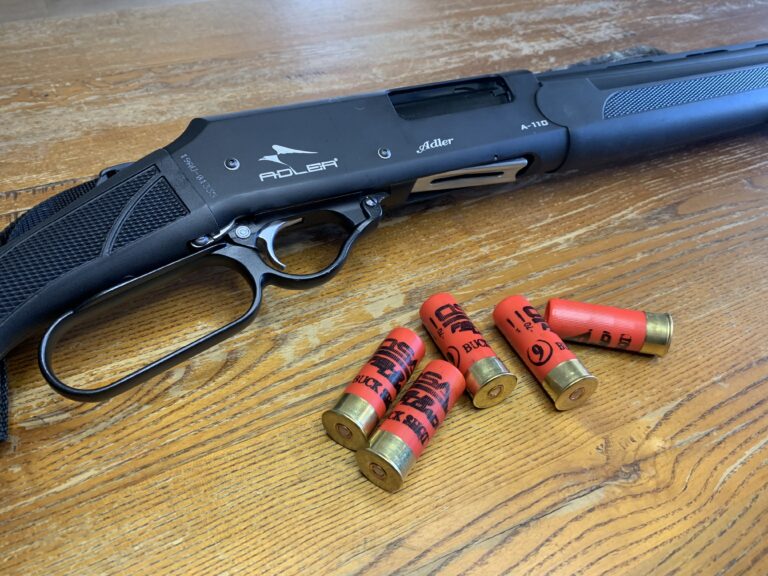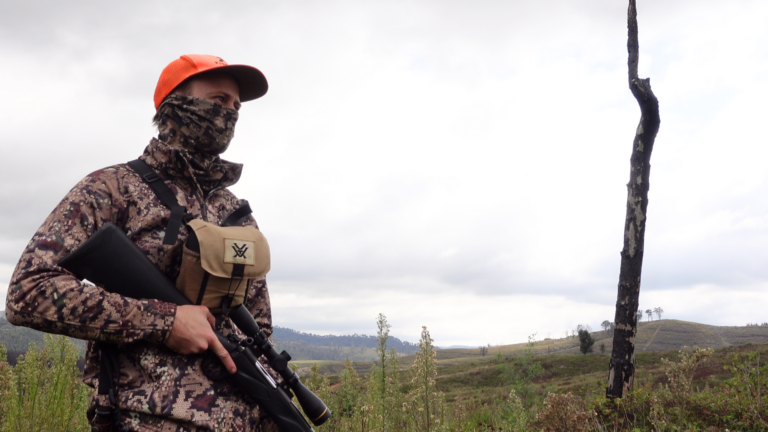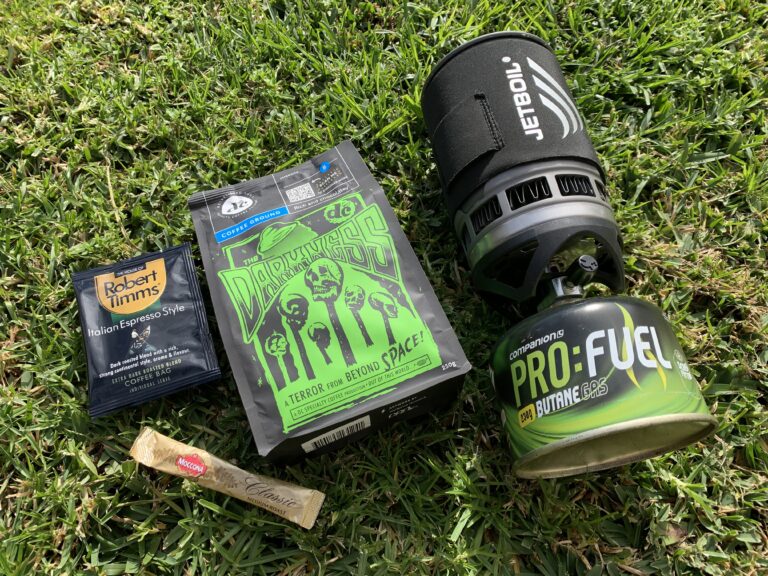Even the best laid plans can fall apart. When they do, are you able to adapt and overcome? More importantly, do you know when it’s time to pack up and head home? In this article, I break down one of my most recent fishing experiences to demonstrate the role that psychological factors play in success and survival.
Introduction
Stress releases the hormone cortisol. According to the research, this reduces our cognitive function and initiates our “fight or flight” response. This is concept that most of us should be familiar with. On Wednesday night I decided to take a break from upgrading this website and went out prawning in my local estuary. Some may call what happened that night a “comedy of errors”, others may refer to it as an absolute shit show. Here’s what happened, and more importantly – what I learned about the impact of psychological factors on my mindset and safety.
Disappointment
I had been watching the weather conditions closely for the past week. The moon phase was correct, the rain had subsided, and the outgoing tide was set to begin at dusk. Perfect. While out prawning the month prior, I had witnessed a variety of large fish and crustaceans travelling past with the outgoing tide. My plan was to capitalise on this by setting up a burley trail and a baited rod with a loose drag. This could be left in the rod holder at the rear of the boat, while I casually scooped my fill of prawns from the front or sides.
As I near the boat ramp, I glance out the side window of my ute, and take a moment to judge the direction and speed of the water. It was still running in. This wasn’t part of the plan. I pull into the empty parking lot, pull out my phone, and double-check my weather Apps. There was only one logical conclusion – they were all wrong! As I’m already at the boat ramp, I decide to commit to the my plan, and launch my boat anyway. After all, a few extra hours on the water couldn’t hurt – right?
Anchor dropped, line baited, and burley trail set. I’d have to wait an hour or so until the tide shifted. The line is flung into the water and I sit content to soak in the quiet darkness. Tap, tap, grab. The line spools out. I brace the rod, tighten the drag, and start winding. The line continues to spool out. Shit. I retighten the drag as the boat swings around and moves against the current. Snap. The line pulls free, and I’m left with just a sinker and a swivel on the end of it.
The lesson
Whatever that fish was, I was well and truly under-prepared for it. As disappointing as it is to drop a fish that powerful, and I’m assuming – large. I threw the line in with zero expectations, which meant that losing it didn’t ruin my night. A new hook and a stronger leader are tied onto the swivel, and the line re-enters the water. Let’s try this again…
Stress
Over an hour passes by. The tide slowly begins to settle, then turn. I cruise along the width of the river in search of the tell-tale signs of prawns – Bright red eyes and a trail of seagrass. Nothing yet. Instead, I scout a few sandbanks and try my hand at chasing some whiting. As time rolls on, the faint sound of prawns splashing on the surface of the water catches my attention. Here we go!
I anchor down near the bridge and begin scooping the small infrequent patches of prawns. A faint buzzing sound rings out from behind me. “That’s odd”, I think to myself. As I turn to face the source of the sound a huge fireball erupts from a nearby power pole. I’m temporarily startled. It happens again. I rip the cord on the outboard and hoist the anchor into the boat. Standing in a puddle of water, inside an aluminium boat, while located in close proximity to an electrical hazard isn’t my idea of a good time. I blast full throttle and get the hell out of there.
The lesson
When confronted with danger, people react in one of four ways; Fight, Flight, Freeze, or Fawn. The merits of this situation left me with only two choices, Flight or freeze. Thankfully, I was able to process the inherent danger of the situation and make the quick decision to leave. The last thing emergency services should have to deal with is body retrieval because I wanted to play spectator or film a viral video.
Complacency and Target fixation
I move a few hundred metres up the river, then look back to inspect the damage. The fire has now subsided. I check around to see if anyone else has noticed. The silhouettes projected through house windows each have a hand pressed against their heads. It’s safe to assume that emergency services have been notified. By the time they arrive, the outgoing schools of prawns have become more consistent. 30 minutes pass. This exposes new sandbars and manipulates the flow of water. I make the decision to try another location. My diving torch, which is attached to a PVC pipe and T-coupling, is wedged between my deep cycle battery and the wall of my boat. I turn to pull the anchor but hesitate. I should probably move that torch. Complacency gets me. As the anchor touches the floor, I blindly reach behind me for the torch. It’s gone. An eerie yellow/ green glow now illuminates the water below.
I rig a hefty amount of sinkers and hooks onto my line to act as a makeshift grapple. I’m not giving up on this torch. The sinkers are no match for the current, I can’t get the weight to drag along the bottom. As the reel is due for replacement anyway, I decided to sacrifice it in exchange for the torch. Pulling the whole rod underwater, I make a low sweeping motion in an attempt to snag the torch. It hooks up, then drops off seconds later. A boat races past me and continues upstream. I choose to ignore it. There’s a short delay before the wash hits my boat. I lose my balance and very nearly get thrown overboard. That target fixation could have proven to be deadly.
The lesson
Complacency and target fixation isn’t just about paying attention to what’s going on around you. It’s about reacting to those hazards in an appropriate way. While I was wearing a life jacket, it didn’t make the situation any less dangerous. I made a poor decision and almost paid dearly for it. The best-case scenario would have been a cool swim and a 5-hour wait for the slack tide. The worst case could have resulted in drowning.
Knowing when to quit
I spend over an hour trying to snag the torch from the sand below. By this stage, the light is beginning to fade. My efforts are further hampered by fatigue and frustration. A torch is easily replaceable, whereas my life isn’t. I decided to call it quits.
The lesson
Sometimes the payoff isn’t worth the risk. Pressure, fatigue, and frustration only add to the danger. I made a smart move to give up.
Resilience and Fatigue
Back at the boat ramp, hypothetical situations begin to cross my mind. What if I were to jump in and retrieve it? Could I start upstream, swim wide, scoop it up, and then make my way back to the river bank? My fatigued optimism masks the gaping holes in my plan. The frustration builds. I force myself to take a hard pause and finish my thermos of tea. This short distraction allows me to decompress and reconsider my thoughts. I’m sticking with the original plan, I’m going home!
Everything fits back onto the ute nicely. All that’s left now is the boat. It’s worth mentioning that I don’t have room for a trailer at my house. Instead, I use my recovery winch, a bull bar mounted pole with a roller on top, and a tow bar H-shaped bump stop, to load the boat onto the roof. Two days prior, I had improved the bump stop to remove a few minor loading issues. If the unloading process was anything to go by, this would be a piece of cake.
Not one, two, but three times, the boat shifts while loading and crashes into the water. I resist the urge to abandon it and drive away. What is usually a 10-minute process was now taking me 40 minutes to achieve. My “improvement” had made things worse…
The lesson
Identifying potential issues and taking appropriate action won’t always result in the desired outcome. Sometimes you just need to work with what’s in front of you. In my younger years, I would have reacted poorly and broken something due to my frustration and heavy-handedness. There’s something to be said for maturity.
Conclusion
The drive home feels like an eternity. I waste no time chilling the prawns, stowing my outboard, and hitting the shower. I tell myself that I’ll never go back out there again, but I know that’s a lie. It may not feel like it at the time, but there’s a positive to be found in situations such as these. It can act as a measure of your skills and mindset, It may be shared as a cautionary tale to others, and it can undoubtedly be used as a source of entertainment for your friends and family. What you choose to do with the story will determine the effect that it has on you.
Have you been caught in a situation like this? Drop a comment below and tell us your story!










